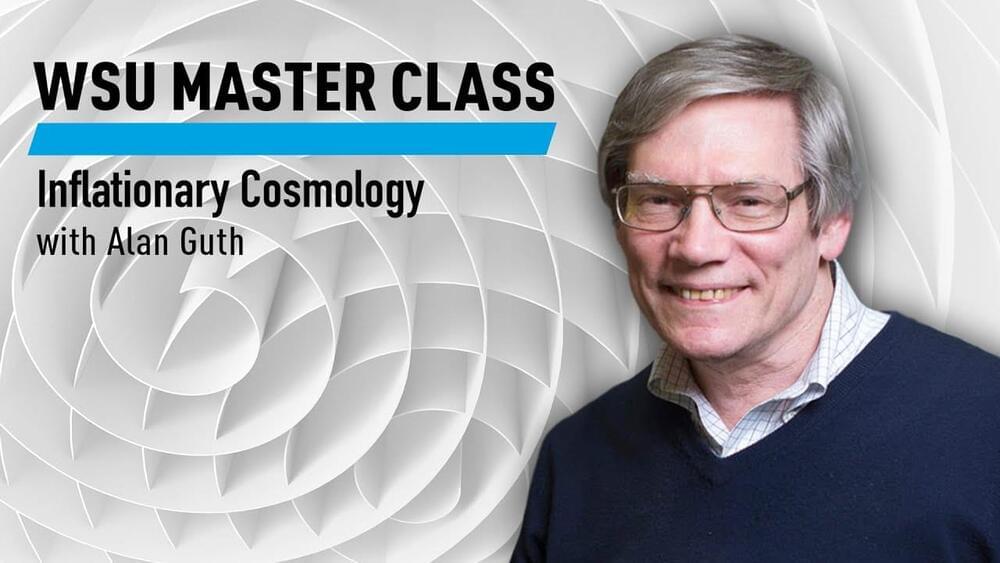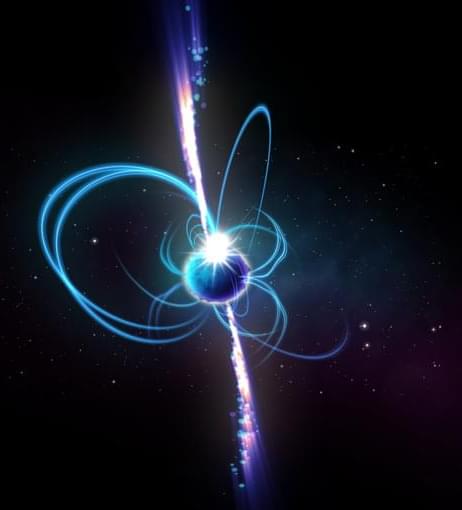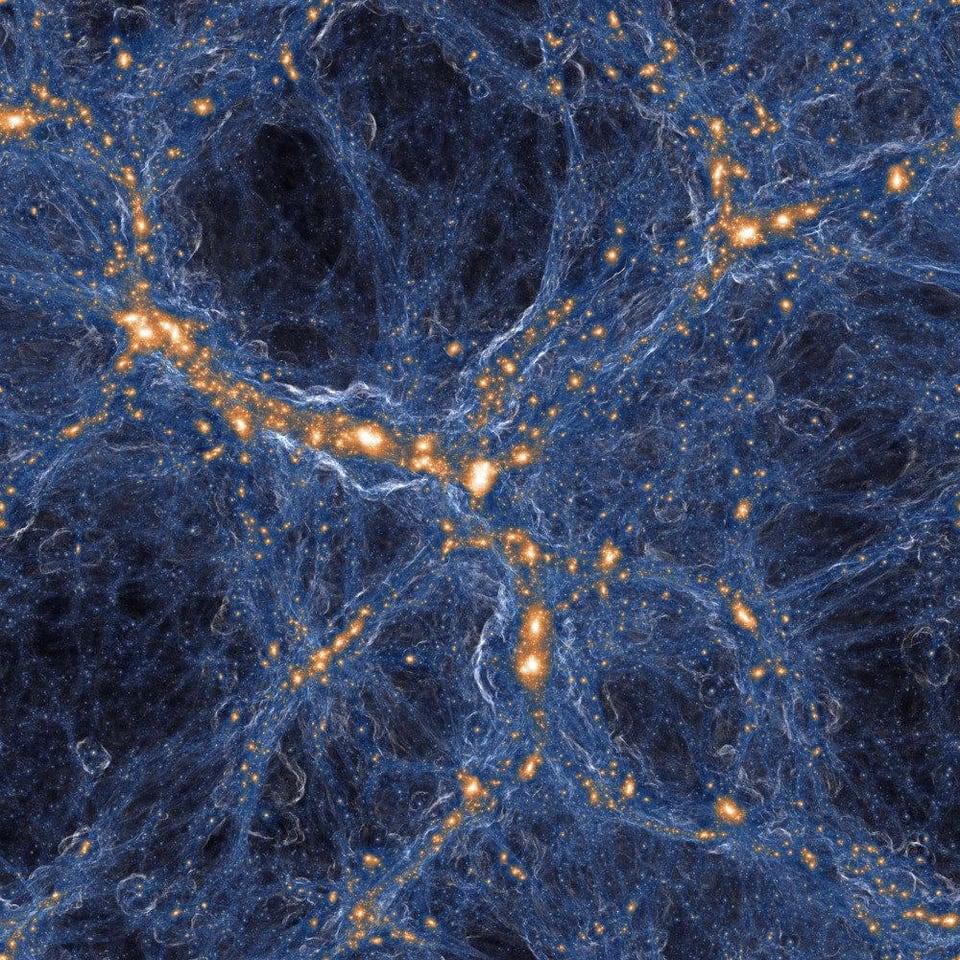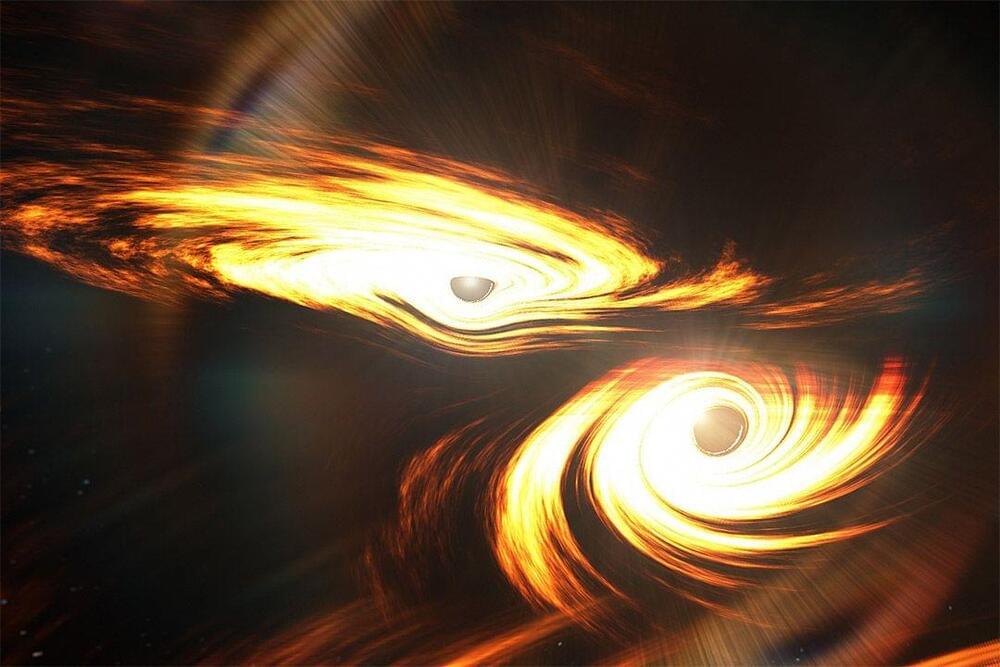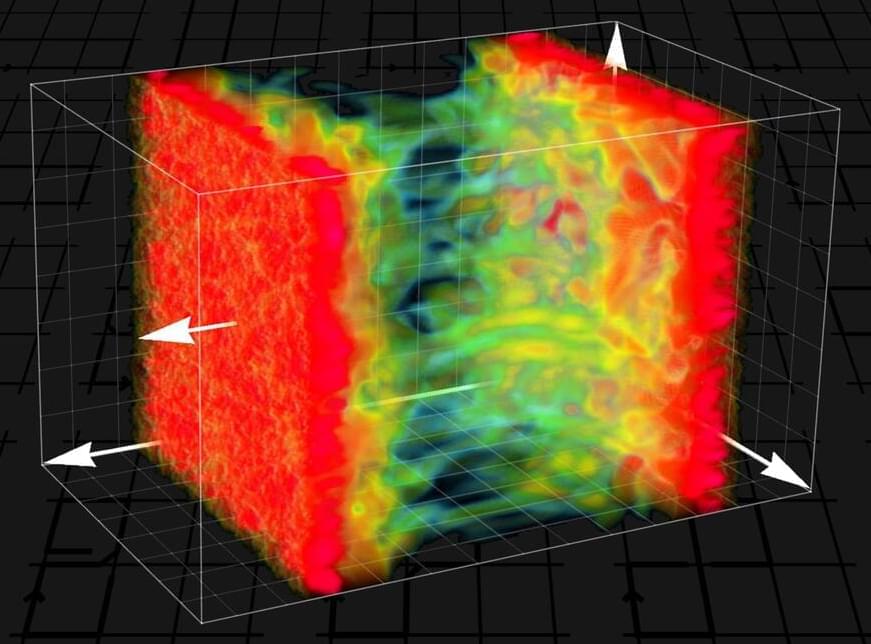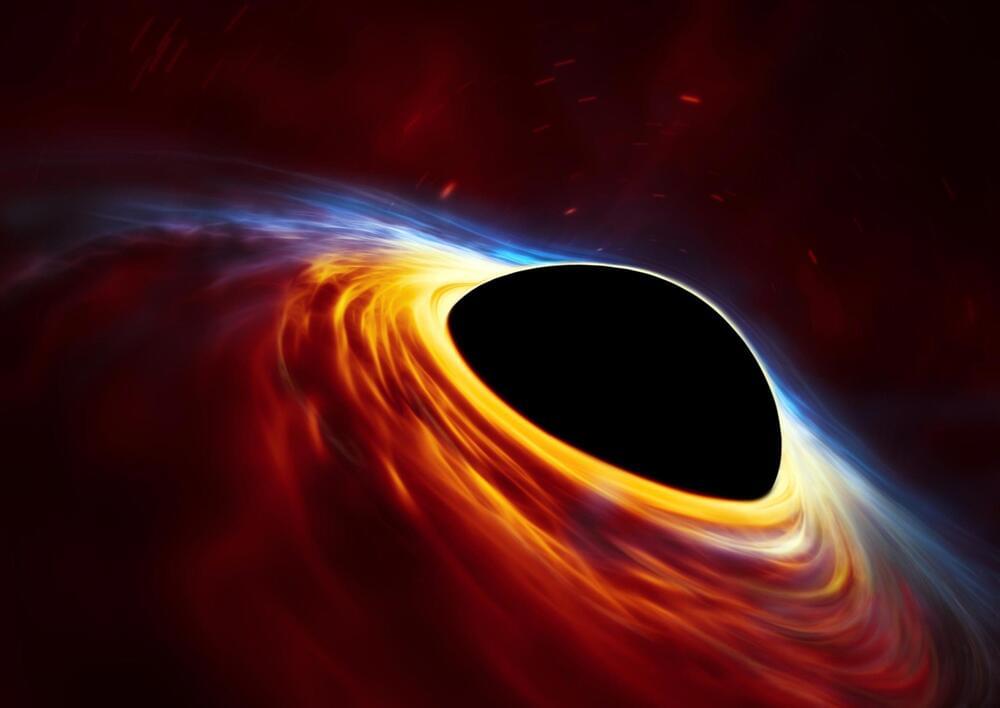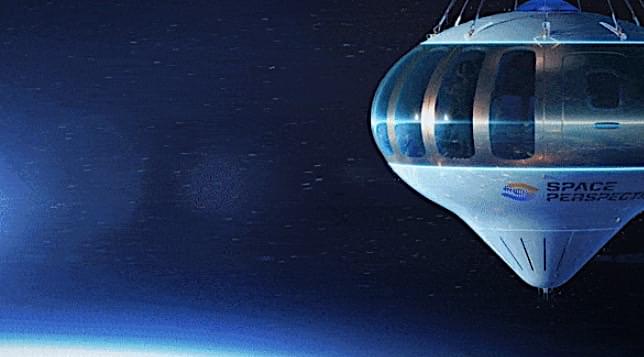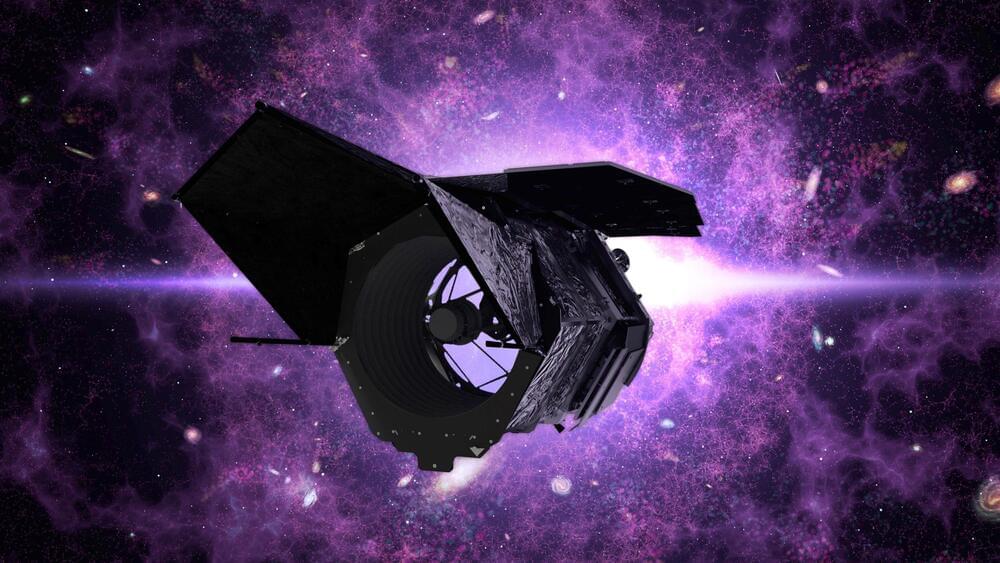Jan 26, 2022
WSU Master Class: Inflationary Cosmology with Alan Guth
Posted by Nicholi Avery in categories: cosmology, physics
Breakthrough Prize winner Alan Guth developed the theory of inflation to answer to our cosmic origins. It’s one of the most studied and debated theories in cosmology, with research propelling Guth’s work to the forefront of scientific conversation.
In this Master Class, Professor Guth addresses what experiments could potentially rule out the BICEP2 results. Since recording this in 2017, the Planck spacecraft collected the data that Professor Guth anticipated, which shows that the initial observations were likely an artifact of interstellar dust, not primordial gravitational waves.
Continue reading “WSU Master Class: Inflationary Cosmology with Alan Guth” »
